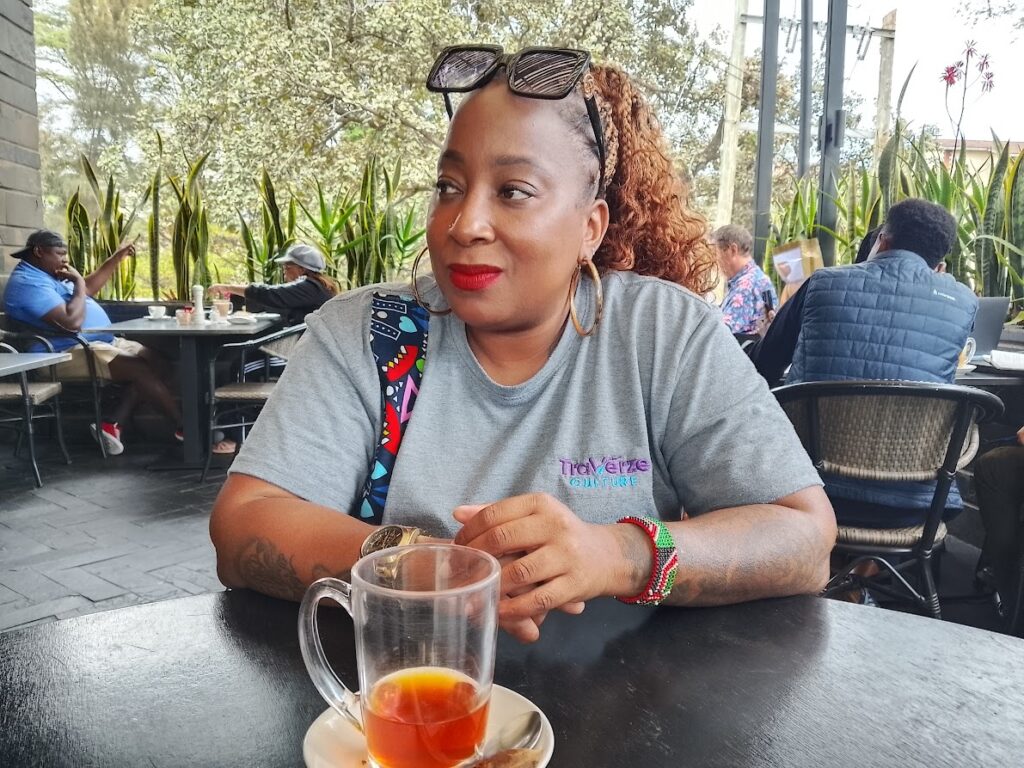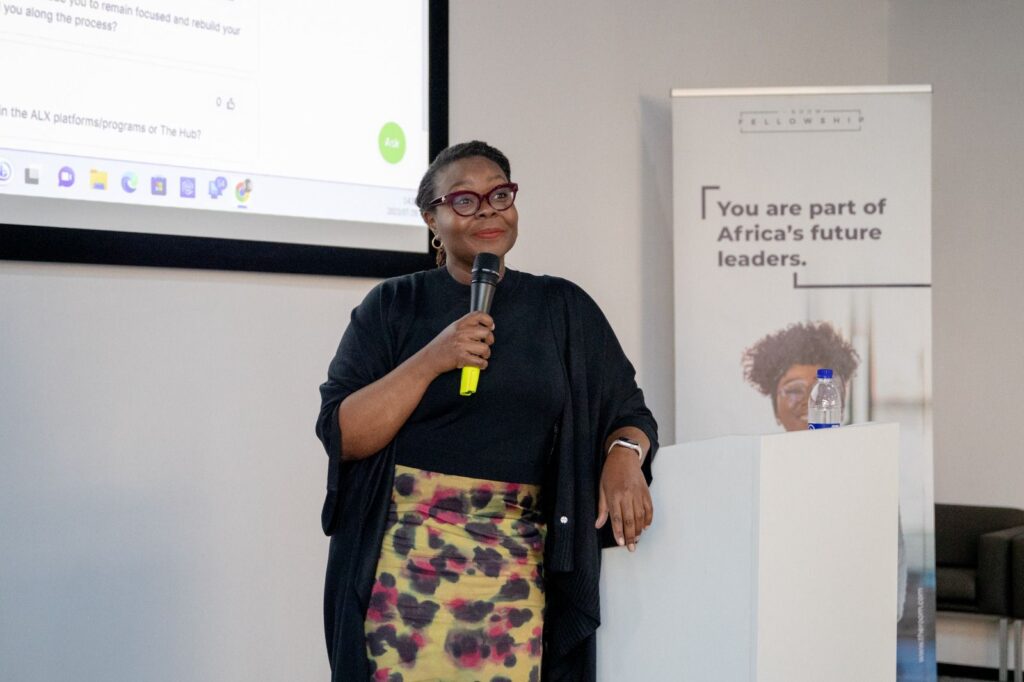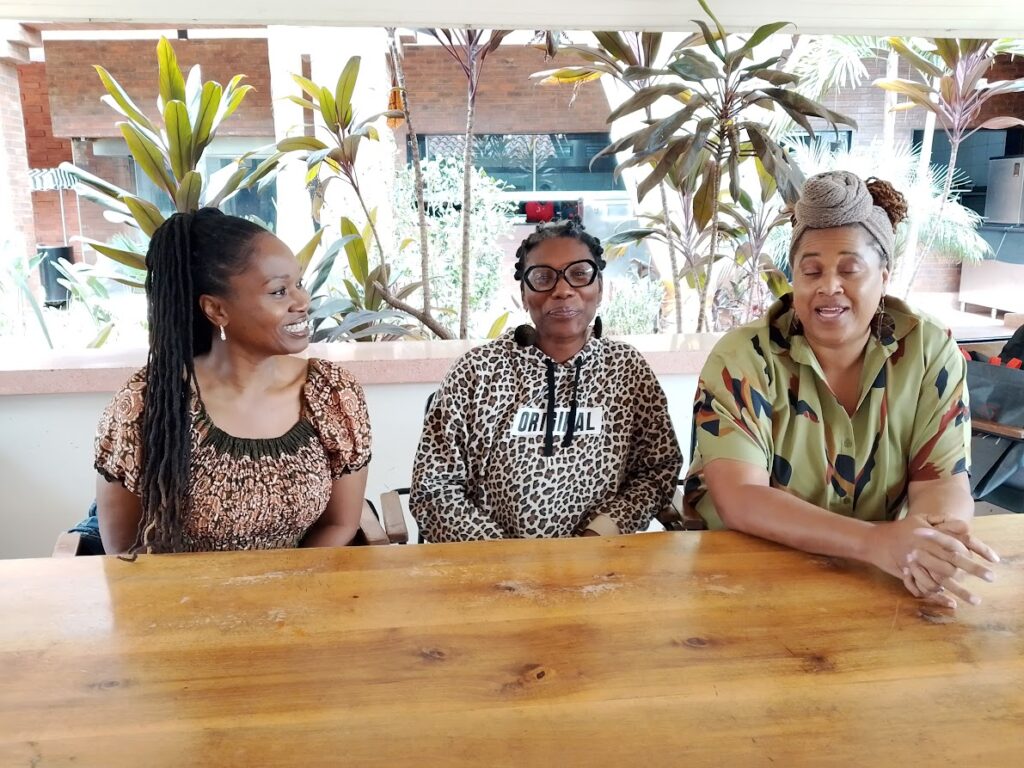
A quiet revolution: African Americans returning to the motherland
A quiet revolution is unfolding—one that spans centuries of history and thousands of miles.
From the vibrant streets of Atlanta and Carolina to the sun-kissed shores of West and East Africa, African Americans are returning to the continent in growing numbers. This isn’t just a quest for a change of scenery; it’s a journey for connection, freedom, and healing, a reclamation of roots and a bold step toward new beginnings.
Kea Simmons: Building Bridges to the Motherland
Kea “Wakesho” Simmons, a former U.S. military officer with seven years of service, traveled to 46 countries across multiple continents during her career.
But it was her 2011 visit to Kenya that changed everything.
“I never looked back,” she said during our interview, her voice warm with conviction. Now permanently settled in Nairobi, Simmons radiates a deep love for her adopted home.

“I’m originally from Charleston, South Carolina, part of the Gullah Geechee community,” she explains.
“We’re descendants of Africans brought to North America through the transatlantic slave trade, who preserved our culture rooted in African traditions.”
For Simmons, Kenya isn’t just a place, it’s a homecoming.
“The people make this country magical. Their belief in my dreams matches my own,” she said.

Since settling in the country, Simmons founded Traverze Culture, a travel concierge company, specializing in humanitarian work, relocation assistance, business development, and medical tourism.
Through the business, Simmons has assisted over 300 African Americans in relocating to Kenya, helping young families, retirees, and entrepreneurs build new lives. But her impact extends beyond the U.S. diaspora. Simmons also supports Africans and others from Europe and Asia seeking to return or relocate to the continent.
One such client is Duwa Mutharika, daughter of the late Malawian President Bingu wa Mutharika.
Born in Ethiopia, educated in the UK, and a former U.S. resident, Mutharika now calls Nairobi home.
For her, the move is a spiritual journey.
“It’s not just Americans returning,” she said. “It’s Africans in the diaspora—those born here or sent abroad—who feel the pull to come home.”

Simmons describes the profound sense of belonging that awaits African Americans in Africa.
“There’s a peace and freedom when you land here,” she said. “You feel like you’re finally home, connected to a birthright.”
Beyond personal fulfillment, these relocations are sparking economic growth. “Returnees aren’t just spending—they’re building,” Simmons notes.
Challenges of Relocation
Relocating to Africa isn’t without hurdles. Simmons acknowledges the slower pace of business in Kenya compared to the fast-moving U.S.
“People here move ‘pole pole’—slowly,” she laughs. “You have to adjust to the culture.”
Navigating local government processes can also pose challenges, though she describes them as minor.
Mutharika points to a broader issue: the need for easier travel within Africa.
“African governments must prioritize seamless movement across borders, whether by road or air,” she said.
A Journey of Loss and New Beginnings
For Adilah Mohammed, the journey to Africa began with a search for her roots and took a poignant turn after personal tragedy. Born and raised in South Jersey, Mohammed moved to Atlanta before embarking on a life-changing move to Rwanda in 2023.
Weeks after visiting Kenya, her mother passed away. Devastated, Mohammed found solace in Kenya’s vibrant culture and tight-knit communities.
“My mother’s last happy moments were in Mombasa,” she said. “That was confirmation I needed to be here.”

Within a week of her mother’s passing, Mohammed relocated permanently to Nairobi.
“It took six months in Mombasa to heal,” she reflects. “I was grieving, lost. Kenya gave me peace and purpose.”
Through her organization, Adilah Relocation Services, she now helps others from North and South America and the Caribbean settle in Africa, turning her personal healing into a mission for others.
One of her clients, Sharifa Martin, a former teacher from Cincinnati, Ohio, moved to Kenya in August 2024. After years working with students with special needs, Martin chose Kenya over Ghana, inspired by a lifelong dream to live in Africa. “My godfather always spoke of Ghana, but Kenya called to me,” she said.
Stephanie Liggon, another Atlanta native, echoes this sentiment. A chemistry and health teacher for 18 years, Liggon long dreamed of living in Africa but hesitated due to fear and lack of support. “Everyone who knows me knew this was my dream,” she says. “Now, I’m living it.”
A Movement That’s Just Beginning
From Nairobi’s bustling streets to Mombasa’s tranquil shores, African Americans are weaving their stories into Africa’s vibrant tapestry. They’re not just returning—they’re rebuilding, reconnecting, and redefining what home means.
This quiet revolution is more than a migration; it’s a homecoming that heals wounds, bridges cultures, and fuels progress. As more join this journey, they’re proving that the motherland isn’t just a place—it’s a promise of possibility.






